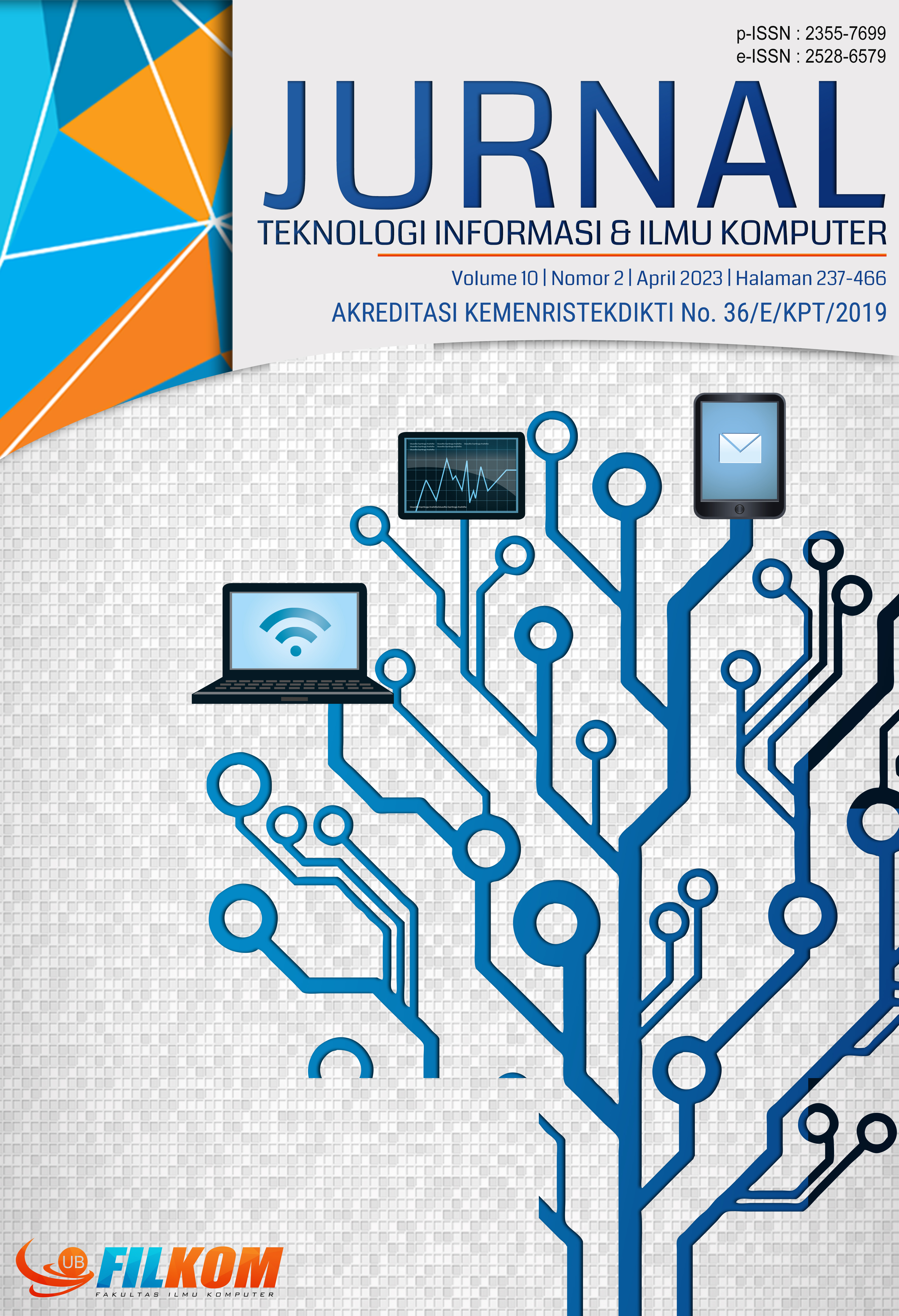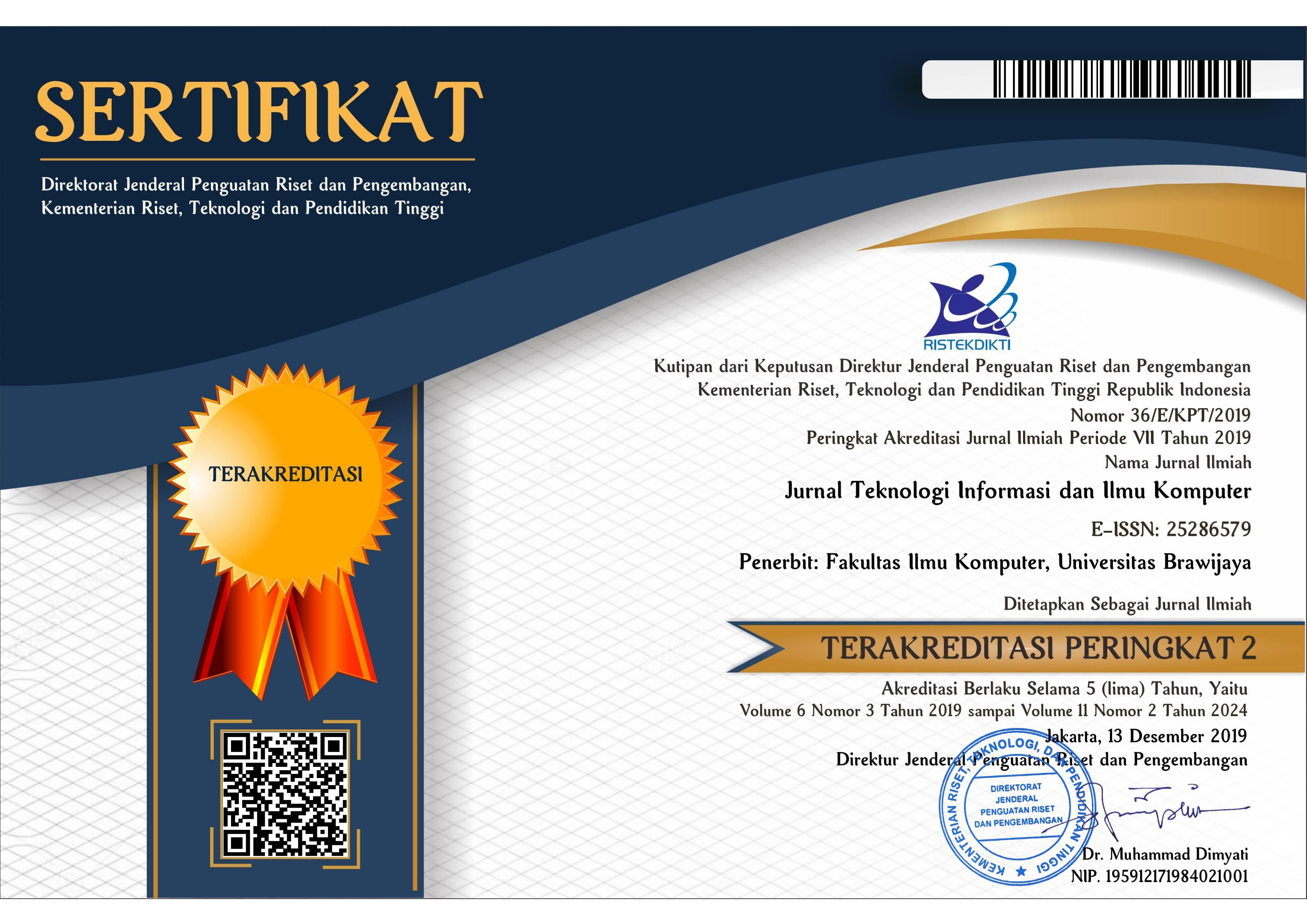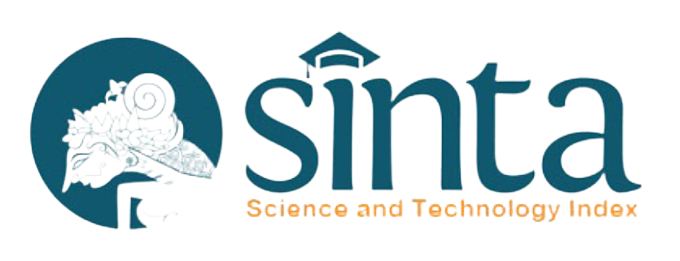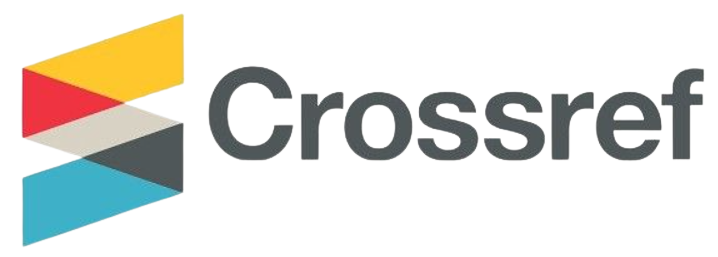Komparasi Machine Learning Berbasis Pso Untuk Prediksi Tingkat Keberhasilan Belajar Berbasis E-Learning
DOI:
https://doi.org/10.25126/jtiik.20236469Abstrak
Perkembangan bidang teknologi memiliki aspek perkermbangan yang begitu cepat. penelitian kami memiliki tujuan untuk mentransmisikan sebuah pengetahuan tentang machine learning yang telah menjadi begitu popular digunakan hingga saat ini, pada penelitian ini bagaimana mendapatkan fitur seleksi atribut dan mendapatkan hasil prediksi dari pembelajaran pada Universitas atau lembaga Pendidikan yang menerapkan belajar dengan metode pembelajaran jarak jauh ataupun e-learning di era pandemic ini. Permasalahan pada penelitian ini yaitu jumlah atribut pada data dapat mengurangi akurasi, maka dari percobaan dengan beberapa algoritma pada machine learning kami mencoba menerapkan Particle Swarm Optimizatio(PSO) untuk meningkatkan akurasi yang lebih tinggi. Maka dari itu dapat disimpulkan penerapan menggunakan algoritma Naïve Bayes(NB) berbasis PSO mendapatkan hasil kenerja dengan bobot sebesar 94.40% dan angka AUC sebesar 94.50%, berikutnya Algoritma Support Vectore Machine(SVM) Berbasis PSO dengan hasil kinerja akurasi sebesar 88.20 dan nilai AUC seberar 91.10%, dan Artificial Neural Network(NN) berbasis Particle Swarm Optimizatio(PSO) menghasilkan skor hasil kinerja akurasi dengan bobot 99.20% dan nilai akurasi sebesar 98.50%, maka Artificial Neural Network(NN) berbasis PSO memiliki keunggulan lebih besar dari pada algoritma naïve bayer berbasis PSO dan Support Vector Machine(SVM) dengan PSO. Sedangkan atribut yang mempunyai pengaruh menentukan dari algoritma tersebut pada tingkat akurasi adalah Practice Questions, Quizzes, Midterm exams, dan Final exams. terbukti dari penelitian-penelitian kami yang sebelumnya maka algoritma neural network berbasis PSO memang memiliki keunggulan yang begitu baik. Karena ANN merupakan metode yang memiliki perhitungan yang membangun beberapa unit pada saat pemrosesan berdasarkan koneksitas yang saling berhubungan, metode ANN dengan akurasi prediksi dapat menjadi sebuah alat yang efisien dan baik untuk penelitian estimasi dan klasifikasi dalam bidang pendidikan.
Abstract
The development of the field of technology has a very fast development aspect. our research has the aim of transmitting knowledge about machine learning which has become so popularly used until now, in this study how to get attribute selection features and get predictive results from learning at universities or educational institutions that apply learning by distance learning methods or e-learning. -Learning in this pandemic era. The problem in this study is that the number of attributes in the data can reduce accuracy, so from experiments with several yahoos on machine learning, we tried to apply Particle Swarm Optimizatio (PSO) to increase higher accuracy. Then the application key using the PSO-based Naïve Bayes (NB) algorithm can get performance results with a weight of 94.40% and an-AUC number of 94.50%, then the PSO-based Support Vectore Machine (SVM) Algorithm with a performance result of 88.20 and an AUC value of 91.10%, and Artificial Neural Network-(NN) based on Particle Swarm Optimizatio (PSO) produces an accuracy performance score with a weight of 99.20% and an accuracy value of 98.50%. Support Vector Machine (SVM) with PSO. While the attributes that have an influence to determine the algorithm on the level of accuracy are Practice Questions, Quizzes, Mid-Semester Exams, and Final Exams. it is evident from our previous studies that the PSO-based neural network algorithm does have a very good advantage. based on ANN is a method that has calculations that build several units of interconnected connectivity, the ANN method with predictive accuracy can be an efficient and good tool for forecasting and classification research in the field of education.
Downloads
Referensi
AL – SHABANDAR, R., HUSSAIN, A., LAWS, A., KEIGHT, R., LUNN, J., & RADI, N. Al - Shabandar, R., Hussain, A., Laws, A., Keight, R., Lunn, J., & Radi, N. 2017. 预测大规模在线开放课程学习结果的机器学习方法. Proceedings of the International Joint Conference on Neural Networks, 2017-May, 713–720.
AL AZIES, H., TRISHNANTI, D., & MUSTIKAWATI P.H, E. 2019. Comparison of Kernel Support Vector Machine (SVM) in Classification of Human Development Index (HDI). IPTEK Journal of Proceedings Series, 0(6), 53.
https://doi.org/10.12962/j23546026.y2019i6.6339
ASLAM, S. M., JILANI, A. K., SULTANA, J., & ALMUTAIRI, L. 2021. Feature Evaluation of Emerging E-Learning Systems Using Machine Learning: An Extensive Survey. IEEE Access, 9, 69573–69587. https://doi.org/10.1109/ACCESS.2021.3077663
BELACHEW, E. B., & GOBENA, F. A. 2017. Student Performance Prediction Model using Machine Learning Approach: The Case of Wolkite University. International Journal of Advanced Research in Computer Science and Software Engineering, 7(2), 46–50. https://doi.org/10.23956/ijarcsse/v7i2/01219
BLANQUERO, R., CARRIZOSA, E., RAMÍREZ-COBO, P., & Sillero-Denamiel, M. R. 2021. Constrained Naïve Bayes with application to unbalanced data classification. Central European Journal of Operations Research. https://doi.org/10.1007/s10100-021-00782-1
BOROWSKA, B. 2022. Learning Competitive Swarm Optimization. Entropy, 24(2), 283. https://doi.org/10.3390/e24020283
CELLK, Ö. 2018. A Research on Machine Learning Methods and Its Applications. Journal of Educational Technology and Online Learning, (September 2018). https://doi.org/10.31681/jetol.457046
GEORGE, G., & LAL, A. M. 2019. Review of ontology-based recommender systems in e-learning. Computers and Education, 142, 103642. https://doi.org/10.1016/j.compedu.2019.103642
HAMOUD, A. K., & HUMADI, A. M. 2019. Student’s Success Prediction Model Based on Artificial Neural Networks (ANN) and A Combination of Feature Selection Methods. Journal of Southwest Jiaotong University, 54(3). https://doi.org/10.35741/issn.0258-2724.54.3.25
HUNG, L. N. Q. 2021. Teachers’ Perceptions of the Transition from Onsite to Online Teaching during the Covid-19 Pandemic. Journal of Education and E-Learning Research, 8(4), 416–422. https://doi.org/10.20448/JOURNAL.509.2021.84.416.422
HUSSAIN, M., ZHU, W., ZHANG, W., & ABIDI, S. M. R. 2018. Student Engagement Predictions in an e-Learning System and Their Impact on Student Course Assessment Scores. Computational Intelligence and Neuroscience, 2018. https://doi.org/10.1155/2018/6347186
KUNHARE, N., TIWARI, R., & DHAR, J. 2020. Particle swarm optimization and feature selection for intrusion detection system. Sadhana - Academy Proceedings in Engineering Sciences, 45(1). https://doi.org/10.1007/s12046-020-1308-5
LIU, B., WANG, Z., & ZHONG, X. 2021. Particle Swarm Optimization Algorithm in Numerical Simulation of Saturated Rock Slope Slip. Mathematical Problems in Engineering, 2021. https://doi.org/10.1155/2021/6682659
MUHAMAD, H., PRASOJO, C. A., SUGIANTO, N. A., SURTININGSIH, L., & CHOLISSODIN, I. 2017. Optimasi Naïve Bayes Classifier Dengan Menggunakan Particle Swarm Optimization Pada Data Iris. Jurnal Teknologi Informasi Dan Ilmu Komputer, 4(3), 180. https://doi.org/10.25126/jtiik.201743251
MUSTAFA ABDULLAH, D., & MOHSIN ABDULAZEEZ, A. 2021. Machine Learning Applications based on SVM Classification A Review. Qubahan Academic Journal, 1(2), 81–90. https://doi.org/10.48161/qaj.v1n2a50
OFORI, F., MAINA, E., & GITONGA, R. 2020. Using Machine Learning Algorithms to Predict Students ’ Performance and Improve Learning Outcome : A Literature Based Review Francis Ofori , Dr . Elizaphan Maina and Dr . Rhoda Gitonga ISSN : 2617-3573 Using Machine Learning Algorithms to Predict Students. Journal of Information and Technology, 4(1), 33–55.
PRADANA, F., RACHMADI, A., & BACHTIAR, F. A. 2015. Penilaian Faktor Penerimaan Teknologi Blended learning di PTIIK Universitas Brawijaya dengan Metode Unified Theory of Acceptance and Use of Technology (UTAUT). Jurnal Teknologi Informasi Dan Ilmu Komputer, 2(1), 49. https://doi.org/10.25126/jtiik.201521130
SAPUTRA, E. P., SUPRIATININGSIH, INDRIYANTI, & SUGIONO. 2020. Prediction of Evaluation Result of E-learning Success Based on Student Activity Logs with Selection of Neural Network Attributes Base on PSO. Journal of Physics: Conference Series, 1641(1). https://doi.org/10.1088/1742-6596/1641/1/012074
STYAWATI, S., & MUSTOFA, K. 2019. A Support Vector Machine-Firefly Algorithm for Movie Opinion Data Classification. IJCCS (Indonesian Journal of Computing and Cybernetics Systems), 13(3), 219. https://doi.org/10.22146/ijccs.41302
WIBAWA, A. P., KURNIAWAN, A. C., MURTI, D. M. P., ADIPERKASA, R. P., PUTRA, S. M., KURNIAWAN, S. A., & NUGRAHA, Y. R. 2019. Naïve Bayes Classifier for Journal Quartile Classification. International Journal of Recent Contributions from Engineering, Science & IT (IJES), 7(2), 91. https://doi.org/10.3991/ijes.v7i2.10659
Unduhan
Diterbitkan
Terbitan
Bagian
Lisensi

Artikel ini berlisensi Creative Common Attribution-ShareAlike 4.0 International (CC BY-SA 4.0)
Penulis yang menerbitkan di jurnal ini menyetujui ketentuan berikut:
- Penulis menyimpan hak cipta dan memberikan jurnal hak penerbitan pertama naskah secara simultan dengan lisensi di bawah Creative Common Attribution-ShareAlike 4.0 International (CC BY-SA 4.0) yang mengizinkan orang lain untuk berbagi pekerjaan dengan sebuah pernyataan kepenulisan pekerjaan dan penerbitan awal di jurnal ini.
- Penulis bisa memasukkan ke dalam penyusunan kontraktual tambahan terpisah untuk distribusi non ekslusif versi kaya terbitan jurnal (contoh: mempostingnya ke repositori institusional atau menerbitkannya dalam sebuah buku), dengan pengakuan penerbitan awalnya di jurnal ini.
- Penulis diizinkan dan didorong untuk mem-posting karya mereka online (contoh: di repositori institusional atau di website mereka) sebelum dan selama proses penyerahan, karena dapat mengarahkan ke pertukaran produktif, seperti halnya sitiran yang lebih awal dan lebih hebat dari karya yang diterbitkan. (Lihat Efek Akses Terbuka).















